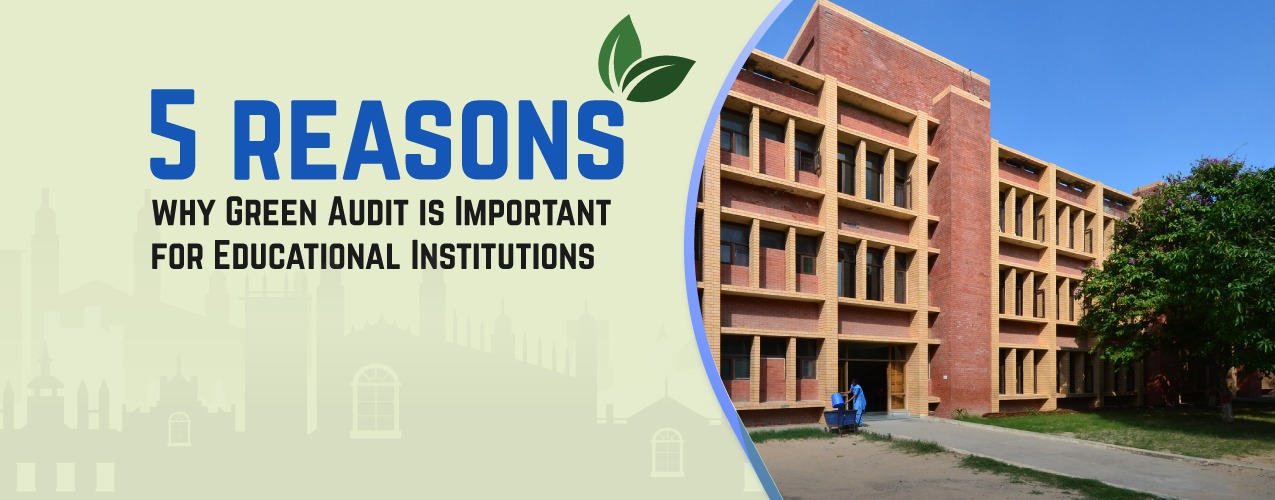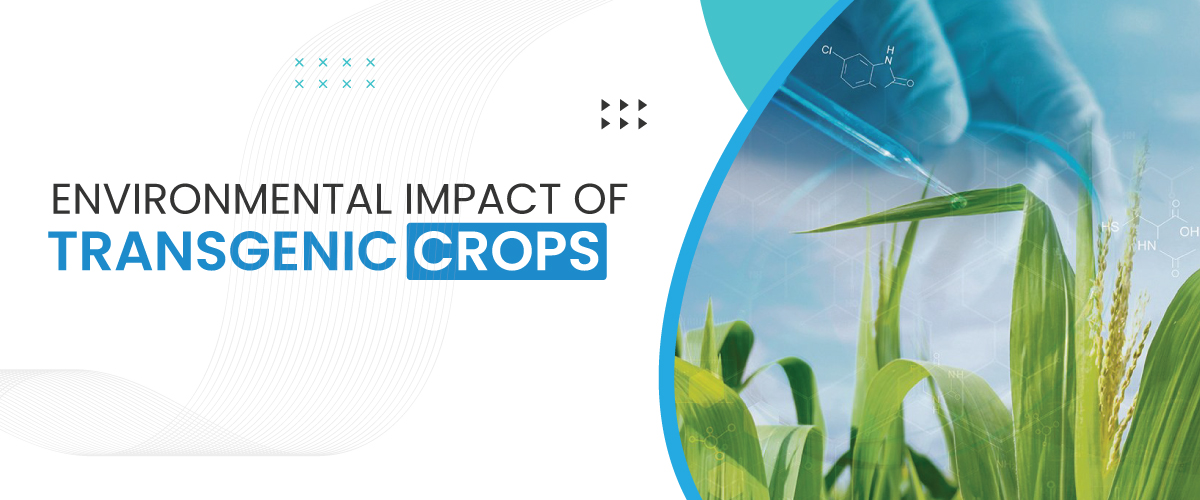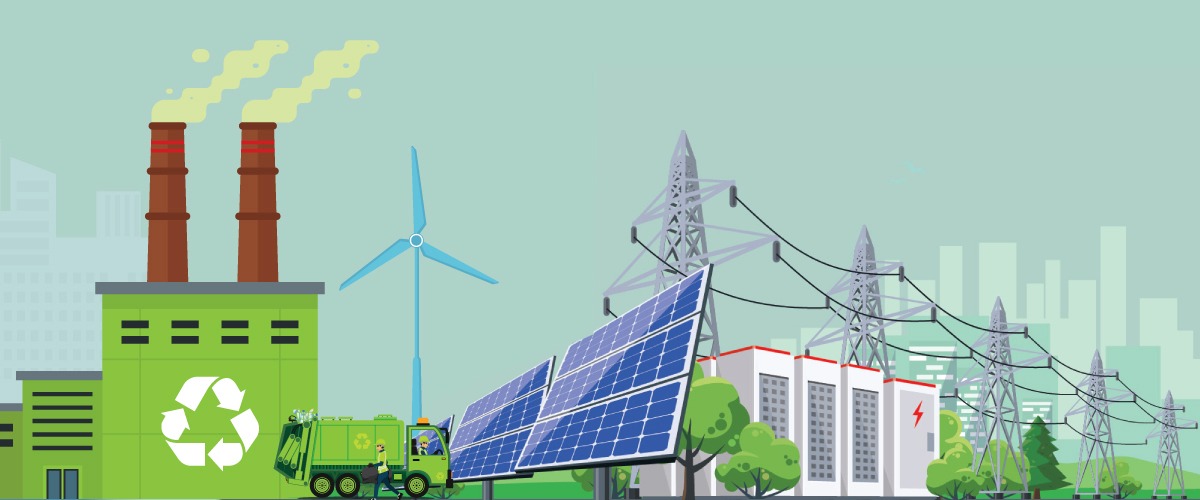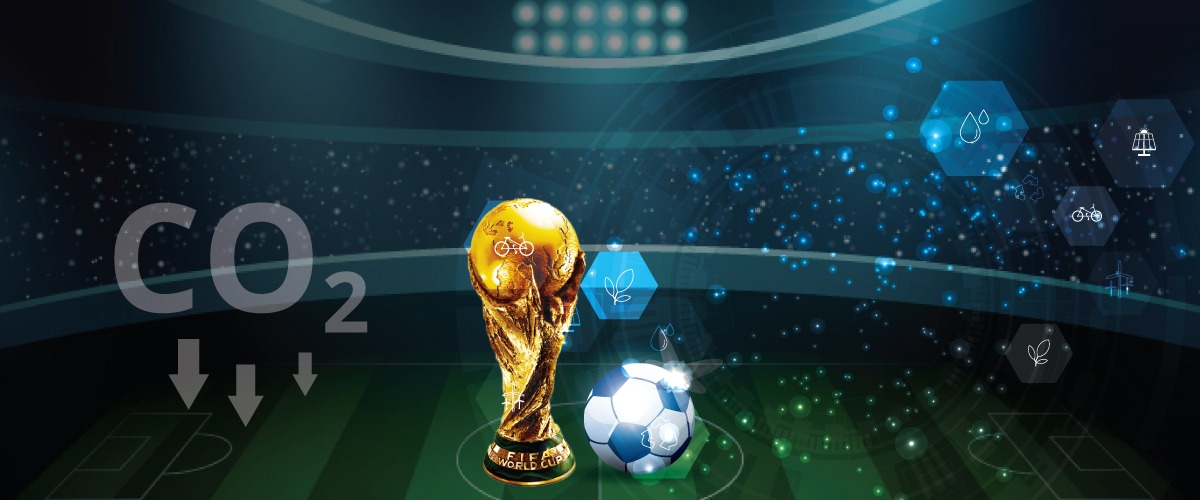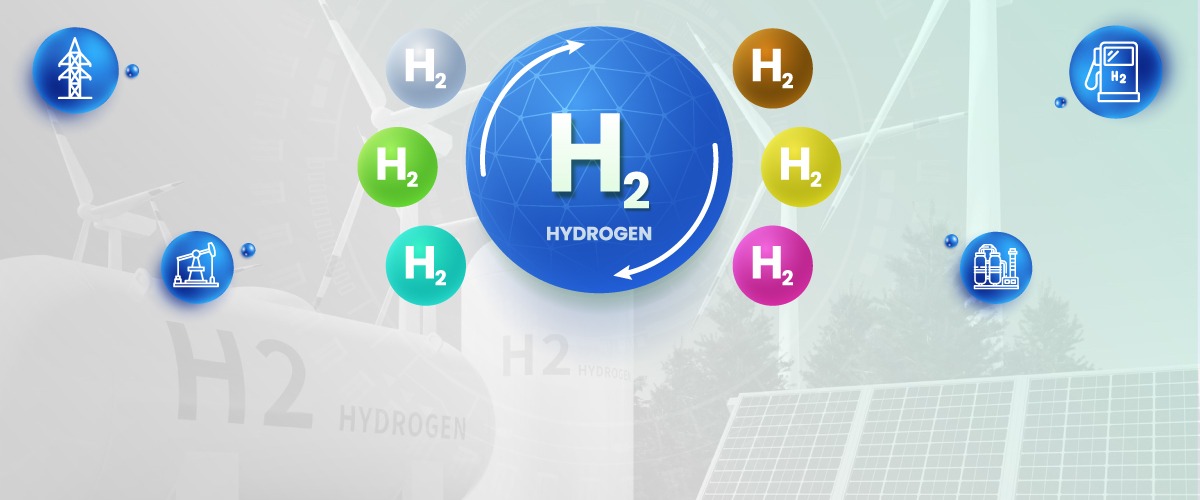A Recap of Green Audits
Educational institutions play an essential role in shaping young minds as well as guiding them towards ways to promote environment-friendly practices. The ‘Green Audit’ is a useful tool for institutions to identify where and how they use the most energy, water, and other resources. The institutions may then think about how to make improvements and save operational costs.
It can foster a sense of environmental responsibility, health awareness, and ethical principles among staff and students. Green Audit imparts an understanding of environmental sustainability, thus emphasizing the role of educational institutions in environmental protection and sustainability.
Let us understand in detail the role Green Audit plays in higher education institutions, with illustrations from two cases;
1) Green audit in Sardar Patel Mahavidyalaya, Chandrapur, Maharashtra, India, and;
2) Green audit in Deen Dayal Upadhyaya College, University of Delhi, Dwarka, New Delhi.
Sardar Patel Mahavidyalaya, in Chandrapur, has a campus larger than 2 acres and offers a variety of basic and advanced-level programs from undergraduate to research in arts, commerce, science, and other streams. Around 7000 students from backward and rural areas are enrolled with more than 50 university-approved faculty members.
The college got a Green Audit conducted in compliance with the National Assessment and Accreditation Council (NAAC) requirements. The audit aimed at verifying compliance with the implementation of sustainable steps for a green campus.
During the audit, various aspects of biodiversity, water, and wastewater, solid and hazardous waste management, energy, and environmental and social awareness, were examined. Using standard auditing techniques, many such aspects were checked to assess the accuracy and credibility of the information offered by the institution.
The audit findings brought out that the campus had more than 30 species of plants. The audit recommended including students in tree planting activities to instill in them the responsibility to take care of nature. For water management, all plumbing systems are periodically checked and repairs are done to avoid leakage and water wastage. Electrical maintenance is also done periodically. However, conducting an electrical safety audit was recommended. Solar energy is also used for lighting and heating water in the hostels. However, the positions of the solar panels may need to be rearranged to avoid shadowing.
The student’s club helps in environmental awareness among the staff and the students. As the college is situated adjacent to Ramala lake, the water table is high in this area and hence water harvesting is not feasible.
The college waste management analysis reported that organic solid waste is not composted and initiating this step could help the college in generating nutrient-rich compost for the gardens whilst minimizing the amount of waste going to landfills.
Although at a very nascent stage, sustainable steps like solar panel installation, and effective environmental awareness drives by the college are noteworthy. These help the college pave the way towards being eco-friendly and sustainable.
The second case study is of the environmental and green audit at the Deen Dayal Upadhyaya College, University of Delhi, Dwarka, New Delhi. This institution is a constituent college of the University of Delhi, ranked 13 as per the National Institute Ranking Framework for colleges in the year 2021. The college has taken successful initiatives in ensuring a clean environment and recently conducted a third-party green audit to verify these steps.
In the case of DDUC college, the green audit was completed by surveying and logically analyzing the campus, studying the health and diversity of the ecosystem, and understanding the operational condition of various units of the college.
The audit results displayed the rich diversity of the college campus, with around 75 different species of trees and shrubs, and more than 30 species of birds. Among the tree species, neem, an important medicinal species, finds prominence. The college organizes plantation drives to maintain the greenery of the place and make the campus aesthetically pleasing.
The audit results indicated that the college maintains proper standards of environmental sustainability through various measures including the use of energy-efficient systems, waste composting, wastewater management, responsible disposal of waste (including e-waste), and rain-water harvesting. With actionable steps to educate its students about the environment, DDU College is trying its best to conserve the environment and instill environmental consciousness among the students.
These illustrations offer a better understanding of the crucial role that a green audit can play for any institution trying to turn eco-friendly and environmentally sustainable. As in the above cases, the two institutions are different in terms of the resources available and the level of operational processes, but each one had its audit done to understand where they stand in terms of their journey towards being sustainable.


